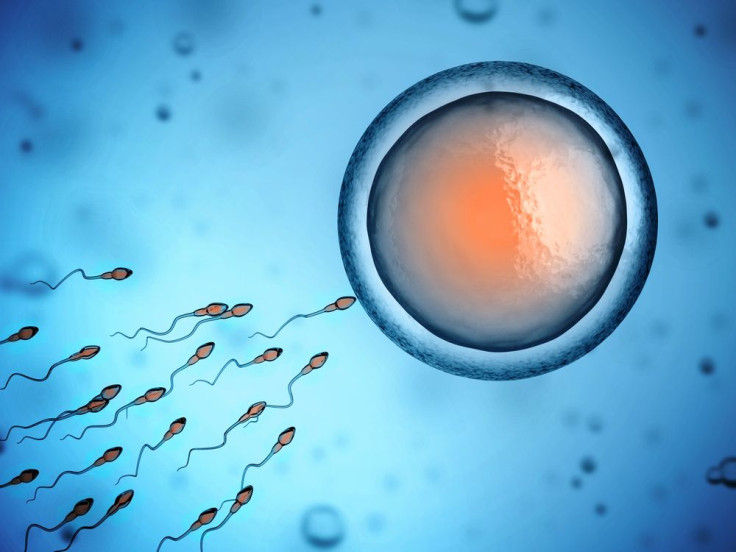Avoid Male Infertility: 5 Ways To Boost The Health Of Your Sperm

Men dealing with male infertility often wonder what preventive steps they could have taken to keep their sperm healthy.
In certain cases, there was really nothing the man could have done differently. Male infertility can be the result of medical conditions, infection, or a family history. For other men, there were certain lifestyle choices they could’ve made and environmental risks they could’ve avoided to keep their sperm healthy. First of all, healthy sperm does not only mean the number of sperm a man produces. Healthy sperm is determined by quantity, quality, and movement. To make sure men are putting their best foot forward when it comes to producing healthy sperm, let’s take a look at five ways to avoid male infertility.
1. Sleep More
Sleep is recommended as a preventive measure to help avoid everything, from obesity to depression, so why not infertility? A recent study conducted at the University of Southern Denmark assessed the sleep schedule, sleep interruptions, and sleep habits of 953 Danish men in their late teens to early 20s. Researchers also measured the size of each participant’s testicles and gathered sperm sample to analyze sperm count and motility — ability to move actively and spontaneously. Men who reported a lack of sleep or sleep disturbances, on average, suffered from low sperm count, low testosterone levels, and smaller testicular size compared to men who got more shut-eye. Plan your bedtimes a little earlier, fellas.
2. Keep Your Laptop Off Of Your Lap
In today’s world, staying connected and up-to-date on current affairs is all too important. This means never having our laptops or smartphones more than an arm’s length away. For men, this also means the constant threat of infertility. A study published in the journal Fertility and Sterility set out to determine what effect Wi-Fi connection had on male infertility once and for all. Researchers from Argentina gathered 29 sperm samples from healthy men who sat with their Wi-Fi connected laptops on their laps for four hours. After ruling out temperature as the cause for sperm damage by way of an air-conditioning system, the research team found that radiation given off by the laptop’s Wi-Fi connection resulted in DNA damage and less sperm motility.
3. Wear These Boxers
If men are going to ignore warnings on laptop and smartphone use too close to their junk, then they should buy a pair of RadiaShield Men’s Boxer Briefs. These nifty little undergarments for men will only cost you $49 and promise to protect the front and back of male reproductive organs from radiation exposure. In fact, testing carried out by an FCC-certified independent laboratory confirmed that RadiaShield boxer briefs can protect sperm quality, quantity, and movement with 99.9 percent Shielding Effectiveness.
4. Eat Carrots And Walnuts
It seems that a man’s diet can play a significant role in maintaining sperm health. A pair of recent studies claim that eating walnuts and carrots can help boost sperm quality and performance. The first study, conducted at the University of California, Los Angeles, found that men who added 75 grams of whole-shelled walnuts to their daily diet were able to boost the overall quality of their sperm. Researchers attributed this finding to a-linolenic acid, a natural plant source of omega-3. The second study, published in Fertility and Sterility, gives men another reason to eat their veggies. Around 200 healthy men were able to boost sperm quantity and quality up to eight percent just by adding yellow- and orange-colored fruits and vegetables — most notably carrots — to their diet.
5. Don’t Eat Bacon
While eating more carrots and walnuts can boost sperm health, the same cannot be said about bacon. Actually the opposite is true. A study presented at the American Society for Reproductive Medicine’s 2013 Annual Meeting in Boston revealed that various types of red meat — especially bacon — reduce male sperm count. Harvard University researchers surveyed 156 men with infertility concerns regarding their consumption of processed meat, red meat, white meat, poultry, and fish. Men who ate a half portion or more of processed meat a day had 5.5 percent “normal” sperm compared to 7.2 percent in men who ate less than half a portion each day.



























